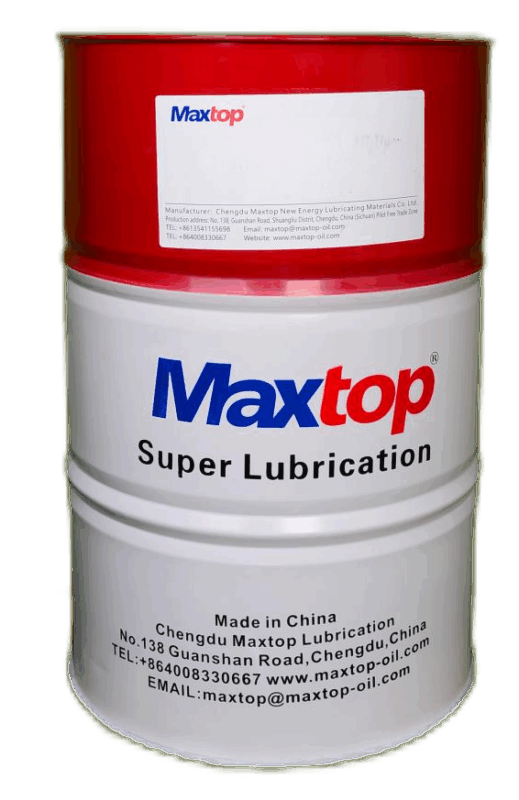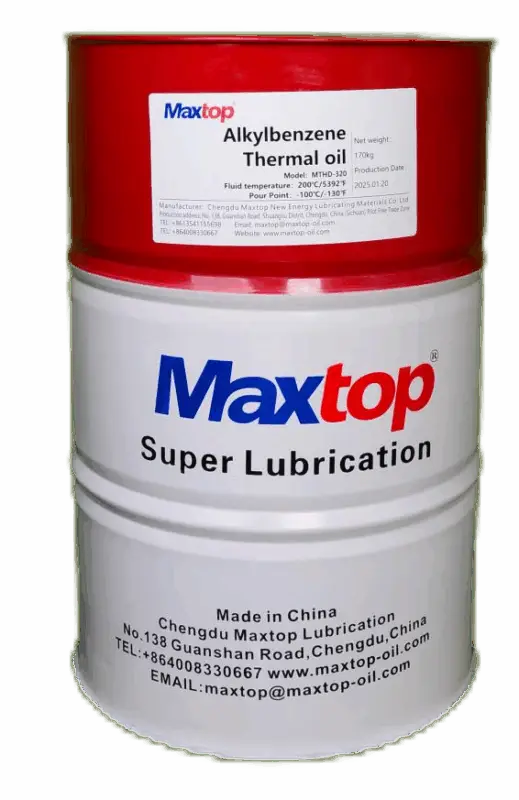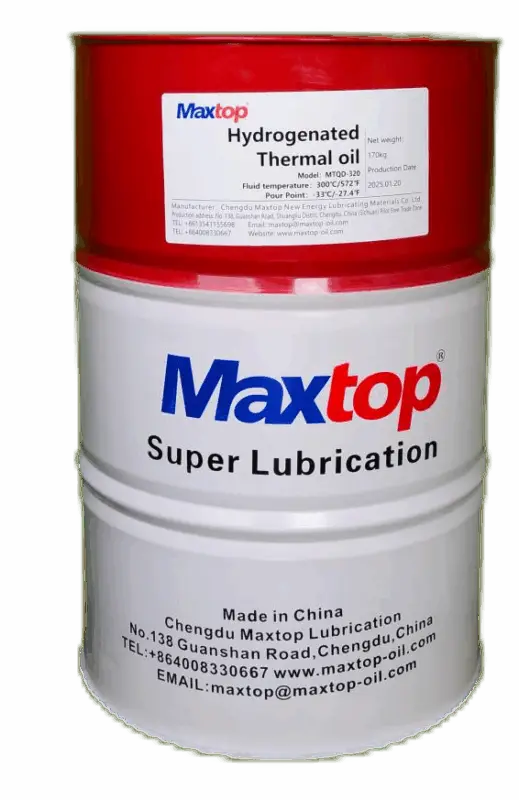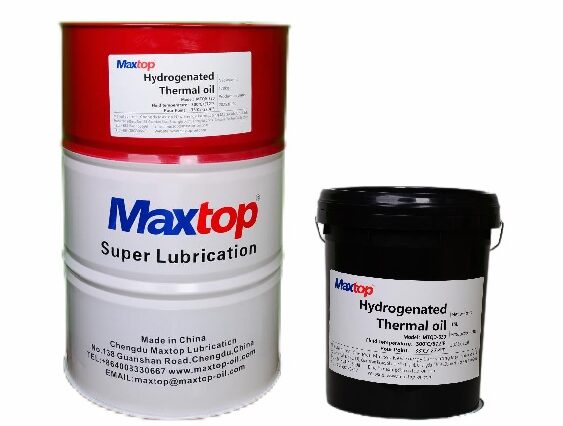What Is Heat Transfer Fluid? A Complete Guide for Industrial Applications
Heat Transfer Fluid (HTF), commonly known as thermal oil or hot oil, plays a critical role in modern industrial temperature control systems. Unlike water or steam, HTFs offer superior thermal stability, broader operating temperature ranges, and reduced pressure requirements—making them ideal for closed-loop heating systems across various industries.
🔥 Why Heat Transfer Fluids Matter
Heat transfer fluids are engineered to efficiently transport thermal energy from a heat source to a process or equipment. Their performance directly impacts system efficiency, safety, and maintenance costs. Choosing the right HTF can significantly extend equipment life and reduce downtime.
🧪 Types of Heat Transfer Fluids
Different formulations serve different operational needs. Here are the most common types:
1. Alkylbenzene-Based HTF (L-QB280)
- Excellent oxidation resistance and thermal stability
- Self-cleaning properties reduce carbon buildup
- Low acid formation and minimal coking tendency
2. Hydrogenated Synthetic HTF (L-QB300)
- High purity base oil with minimal impurities
- Superior anti-coking performance for high-temperature systems
- Cost-effective with long maintenance intervals
3. Mineral-Based HTF (L-QB300)
- High thermal stability and low evaporation loss
- Stable system pressure under varying conditions
- Easy replacement without system flushing
4. Fully Synthetic HTF (L-QC320)
- Operates 20–30°C higher than conventional fluids
- Leaves no carbon residue, ensuring clean pipelines
- Long service life—often exceeding 10 years
5. Special Electric Heating HTF (MTEH Series)
- High flash point and low volatility
- Designed for open systems like mold temperature controllers and reactors
- Compatible with other brands for performance enhancement
6. Low-Temperature HTF (MTLT Series)
- Excellent fluidity in cold environments
- Stable performance even at elevated temperatures
- Reduces energy loss and prevents pipe blockage
🏭 Key Applications
Heat transfer fluids are widely used in:
- Chemical & Pharmaceutical Processing: Reactors, distillation columns
- Food Production: Fryers, ovens, sterilizers
- Renewable Energy: Solar thermal systems, energy storage
- Precision Equipment: Electric heaters, mold temperature controllers
✅ Benefits of Using High-Quality HTF
- Improved Energy Efficiency: Faster heat transfer with lower energy input
- Extended Equipment Life: Reduced wear and corrosion
- Lower Maintenance Costs: Fewer system cleanings and fluid replacements
- Enhanced Safety: Stable performance under extreme conditions
📌 Final Thoughts
Selecting the right heat transfer fluid is essential for optimizing industrial heating systems. Whether you’re operating in high-temperature environments or need low-temperature startup reliability, there’s a tailored HTF solution to meet your needs. Investing in premium-grade thermal fluids ensures long-term performance, safety, and cost savings.
📣 Why Choose MAXTOP Heat Transfer Fluids?
At MAXTOP, we specialize in high-performance heat transfer fluids designed for demanding industrial environments. Our products are engineered for stability, efficiency, and long-term reliability.
✅ Wide Product Range: From synthetic to mineral-based fluids
✅ Custom Solutions: Tailored to your system’s temperature and pressure needs
✅ Expert Support: Technical guidance from our experienced team
👉 Explore Our Heat Transfer Fluid Solutions
📞 Contact us today to find the right HTF for your system and boost your thermal performance.
Product Recommendation
-
 Electric heating oil compound heat conduction fluid
Electric heating oil compound heat conduction fluid
-
 Special electric heating heat conduction fluid series
Special electric heating heat conduction fluid series
-
 Alkylbenzene synthetic heat transfer fluid(MTHD320)
Alkylbenzene synthetic heat transfer fluid(MTHD320)
-
 Anti-coking Heat Transfer Fluid (MTD300)
Anti-coking Heat Transfer Fluid (MTD300)
-
 Hydrogenated synthetic heat transfer fluid
Hydrogenated synthetic heat transfer fluid
-
 Synthetic Heat Transfer fluid
Synthetic Heat Transfer fluid
-
 Mineral Heat Transfer fluid(MTYD320)
Mineral Heat Transfer fluid(MTYD320)


